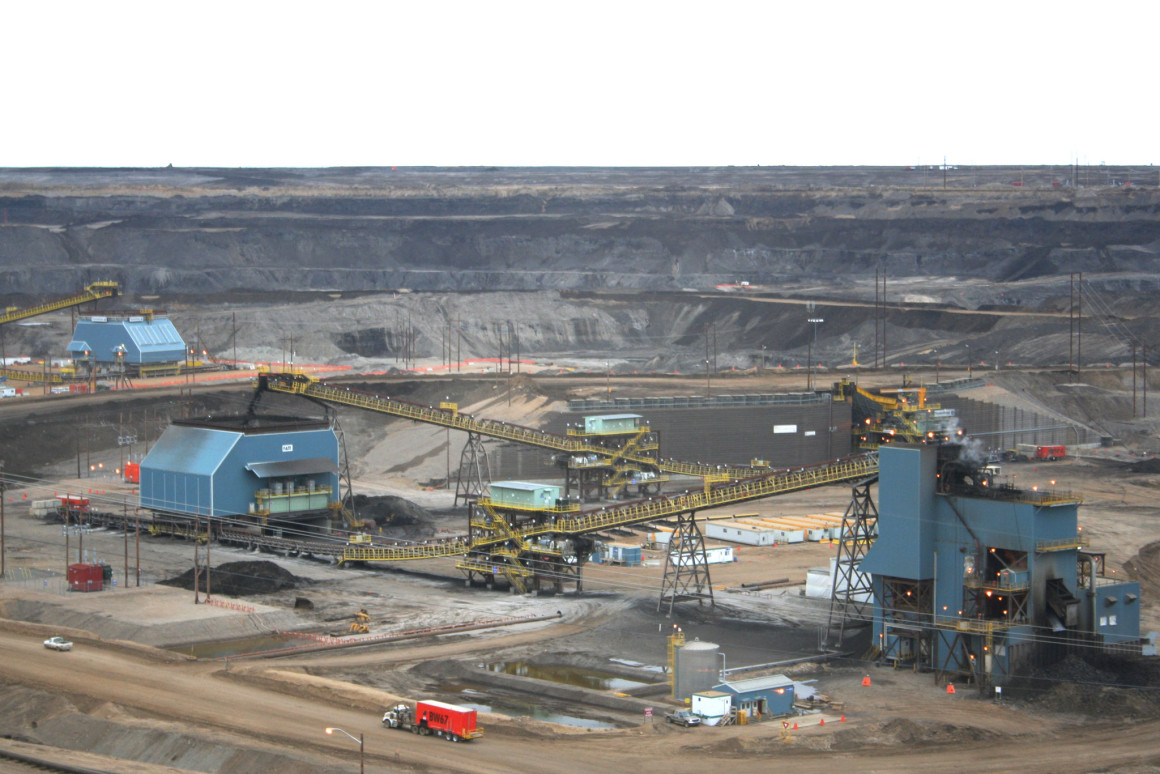
U of C scientists among those urging a moratorium on oil sands development
By Fabian Mayer, June 18 2015 —
Oil sands development must stop. That was the message of 100 Canadian and American academics who signed a letter sent to Prime Minister Stephen Harper and other members of Parliament last week.
Climatologists, biologists, economists and political scientists from across North America signed the letter. Biology professor Mary Reid is one of three University of Calgary academics that added their names to the document. She said the global impact of oil sands production worries her most.
“The challenge of our time is the global change that’s happening,” Reid said. “The whole world has to get off oil right now.”
The letter provides 10 reasons for a moratorium on further oil sands development. They include climate change, local ecological impacts and aboriginal land rights.
“Canada’s a smart country. It’s got lots of highly educated people. I think Canada definitely can show some leadership in this area,” Reid said.
Reid does research on the mountain pine beetle and is worried a warmer climate means the pest will destroy more of western Canada’s coniferous forests. She argues it makes sense to slow energy-intensive oil sands production first and then start switching to renewables.
“Alberta is set up to have different energy sources than oil and it really has so much capacity to do that. The fact that they just keep saying, ‘no, we can’t do anything different’ is kind of disappointing,” Reid said.
James Coleman teaches energy law at the U of C. He said it’s hard to gauge the economic impacts of a potential moratorium.
“The impact would be negative, of course, but it depends on how much new production you would otherwise have,” Coleman said.
While he thinks environmental campaigns can have an impact — citing opposition against the Keystone XL pipeline as an example — he does not see oil sands development stopping anytime soon.
“I don’t think in Alberta there’s going to be the appetite for that, particularly given the economic impact of the oil sands,” Coleman said.
Coleman thinks factors like oil prices have a bigger impact on future oil sands development than environmental considerations.
“A lot of it will depend more on economic factors,” Coleman said. “They could accomplish the same thing.”
Reid believes Albertan workers are educated enough to prosper in industries other than oil.
“There will be short-term transitions that people have to make, but better that they do it under knowable situations,” Reid said.
Reid is hopeful that lobbying by scientists will eventually lead to policy changes.
“The science clearly speaks to the costs of fossil fuel consumption,” Reid said. “We have to keep pressing the issue all the time.”
